Every second counts: Dumoulin and Aru face off at the Vuelta a Espana
Can the sierras of Madrid turn race on its head?
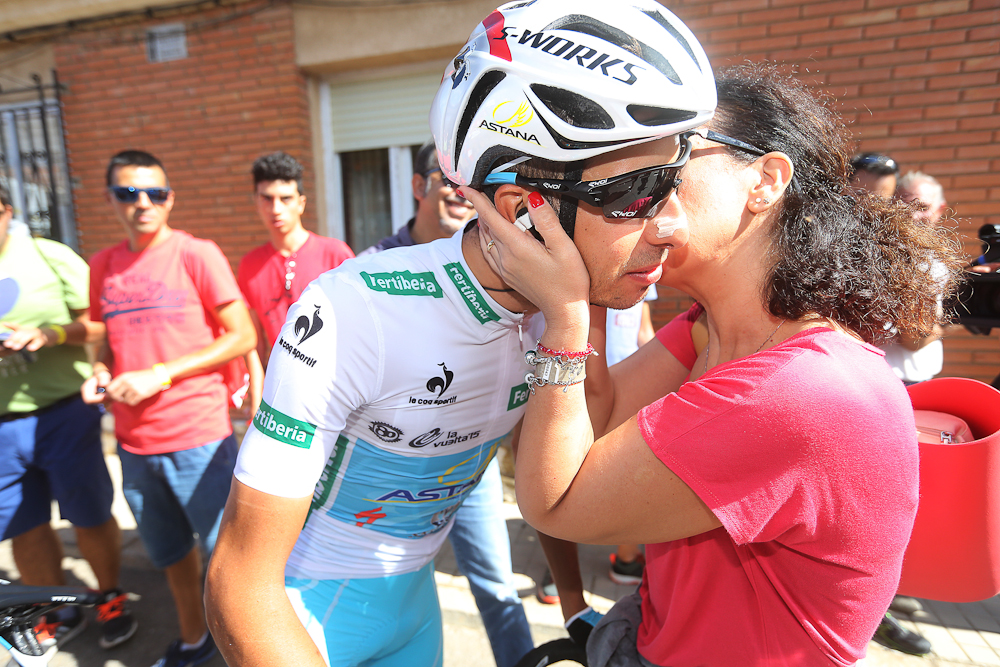
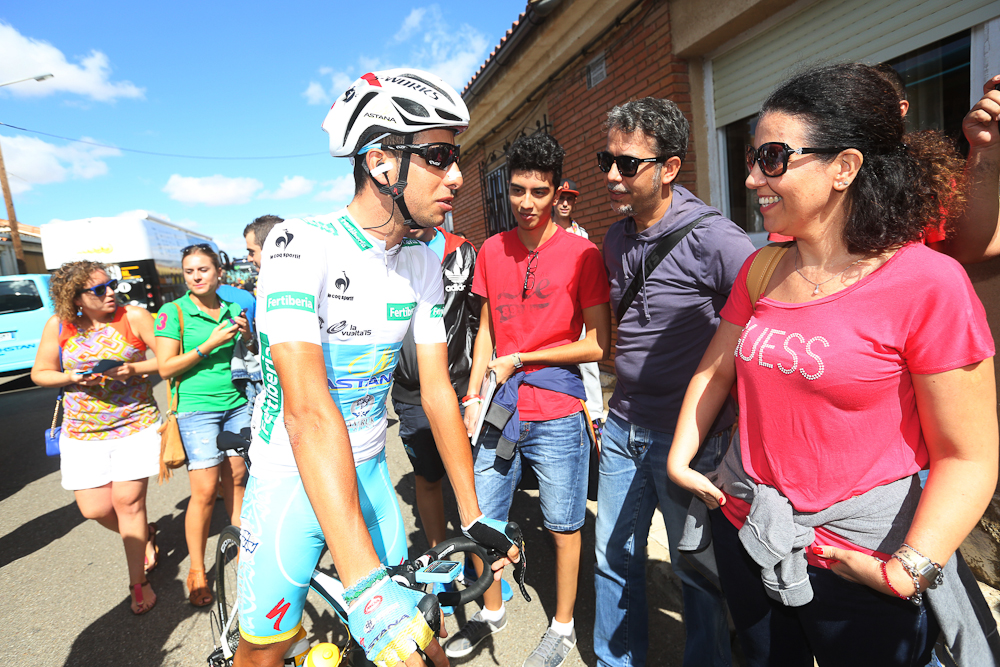
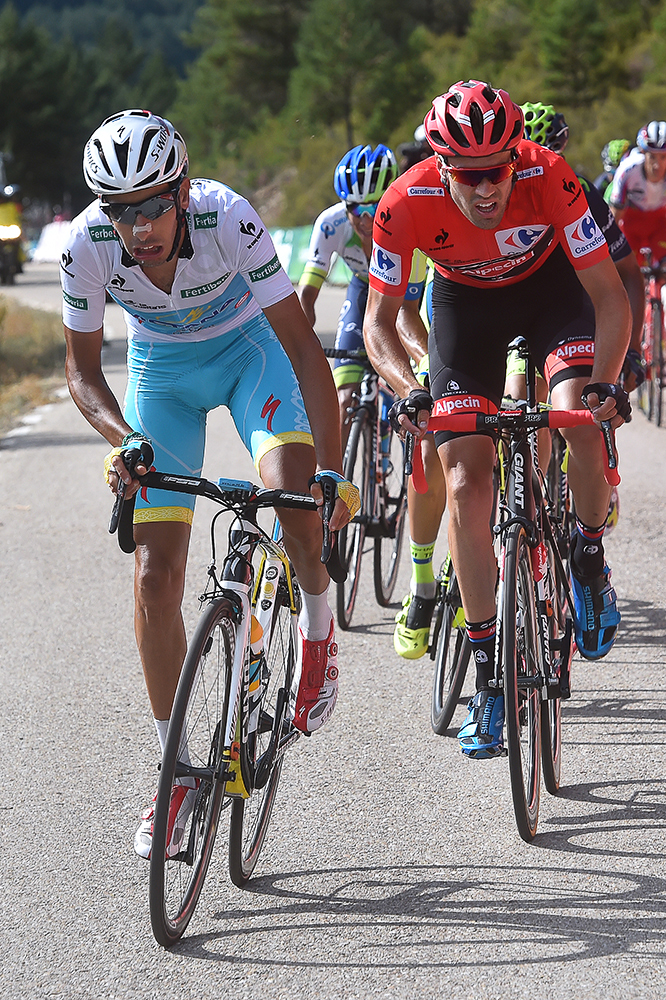
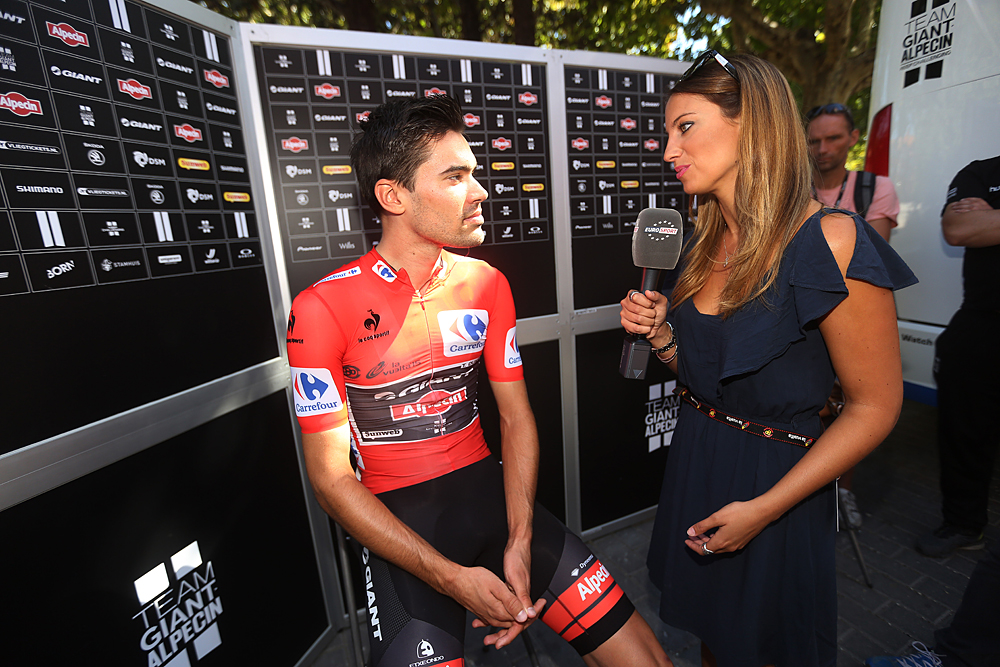
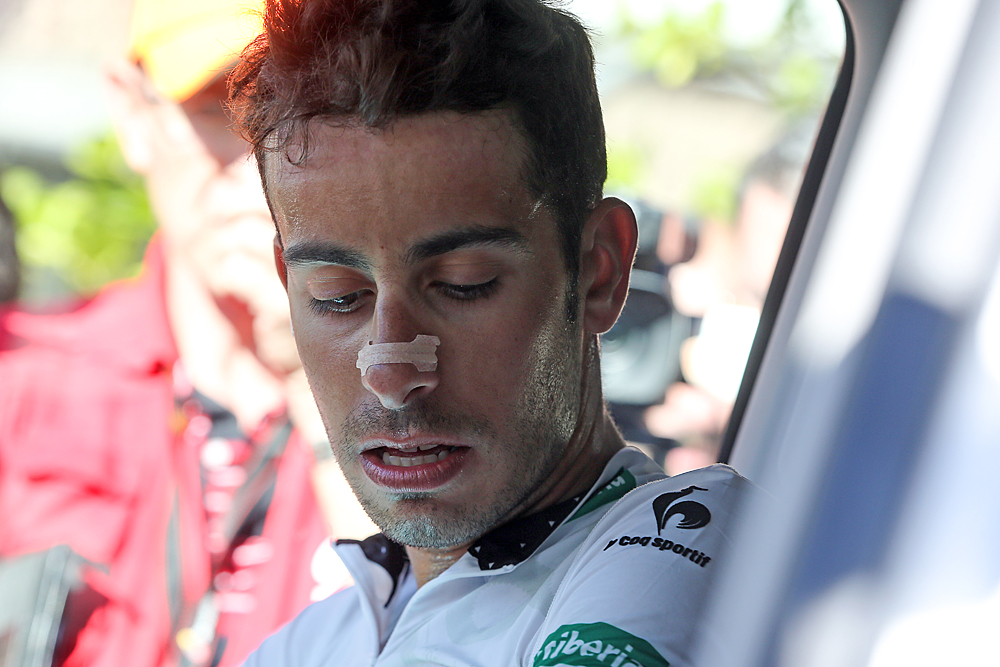
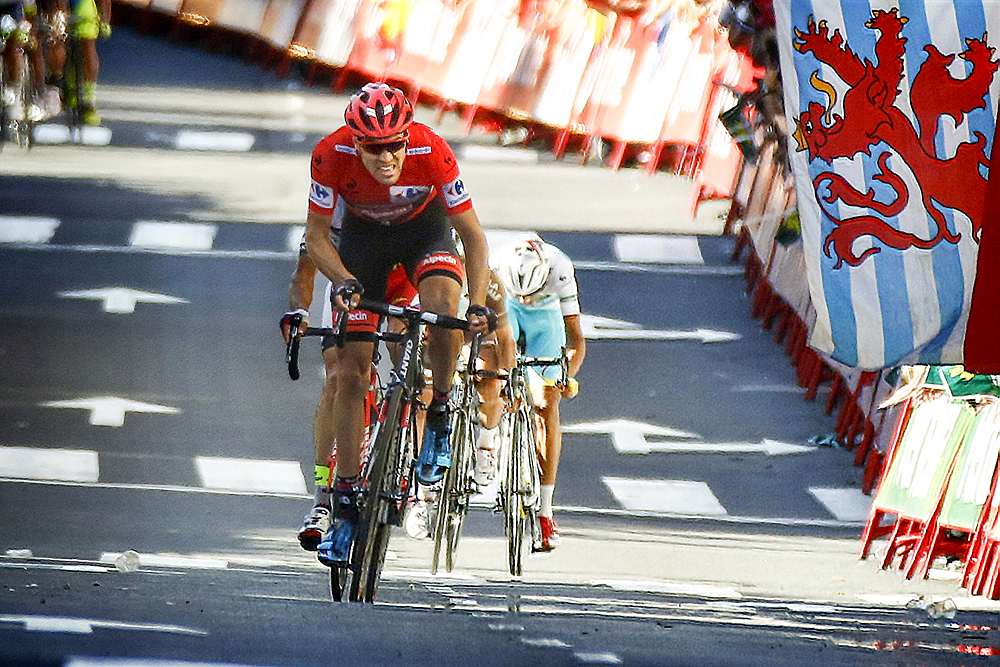
Injured, apparently demoralised and seemingly unable to prise the lead from Tom Dumoulin’s hands on the opening mountain stages, can Fabio Aru still bounce back to win the Vuelta a España as the peloton heads into the hills for one last time this Saturday?
One small ray of light amidst increasing pessimism in the Astana camp has emerged – a report that Aru might face a small time penalty for an alleged handsling from team-mate Luis Leon Sanchez in the closing kilometres of stage 19 was not confirmed. Rather, Spanish press reported on Saturday that race commissaires had rejected blurry video images as too unclear.
The million dollar question, meanwhile, of whether Aru can still win the Vuelta remains unclear, but with six seconds between himself and Tom Dumoulin (Giant-Alpecin), it cannot be ruled out. Aru’s climbing talents on the third and hardest of three days of mountain racing since the Burgos time trial should certainly help put the ball in the Italian’s court.
Four first category climbs of the Navacerrada, a double ascent of La Morcuera and finally Cotos all suit climbers, and colder weather, if forecasts are correct, could shred the field, a factor that would favour Aru. The 3,585 metres of vertical climbing provide a stiff challenge, particularly at the end of an exceptionally arduous Vuelta and almost at the end of the season. Weary faces are everywhere to be seen in the Vuelta peloton, and cracks in riders’ defences could suddenly emerge when least expected.
Dumoulin’s team, though strong, has never looked as strong as Aru’s in the mountain stages of the race so far. Then there are other factors such as the rising strength of Alejandro Valverde (Movistar) and, to a lesser extent, teammate Nairo Quintana, both of whom could well try to shake up the Vuelta at the last minute. The knock-on effect for Dumoulin could be serious, although it could equally affect Aru, so relying on other teams to help him storm the red jersey’s defences is a risky policy for the Italian.
There is a kind of historical precedent for Aru being at least able to trouble Dumoulin so late in the Vuelta game. The sierras of Madrid have seen two major turnabouts of fortune in the Vuelta in the past few decades, the first in 1985 when Pedro Delgado’s ambush toppled Robert Millar from his top spot on general classification, and the second in 2003, when Roberto Heras swept away Isidro Nozal’s advantage in a two part demolition job starting on the Navacerrada pass on a stage to Collado Villalba and continuing with the mountain time trial at El Escorial, today’s start town, to Abantos the next day.
At the moment, though, it is definitely 'advantage Dumoulin.' The Giant-Alpecin man has been able to handle everything that Aru has thrown at him since Burgos with ease and even gained time on the Italian on Friday. None of the climbs on Saturday are exceptionally steep,, either, and all have fairly straightforward descents, particularly the last, although the ascent of the Morcuera is the most difficult of the stage.
Get The Leadout Newsletter
The latest race content, interviews, features, reviews and expert buying guides, direct to your inbox!
For now, the Vuelta remains too close to call. Indeed, Dumoulin's six-second time gap, if maintained, would equal the previous narrowest winning margin at a Vuelta, when Eric Caritoux won the race against the late Alberto Fernandez in 1984.
Alasdair Fotheringham has been reporting on cycling since 1991. He has covered every Tour de France since 1992 bar one, as well as numerous other bike races of all shapes and sizes, ranging from the Olympic Games in 2008 to the now sadly defunct Subida a Urkiola hill climb in Spain. As well as working for Cyclingnews, he has also written for The Independent, The Guardian, ProCycling, The Express and Reuters.
